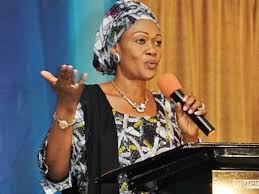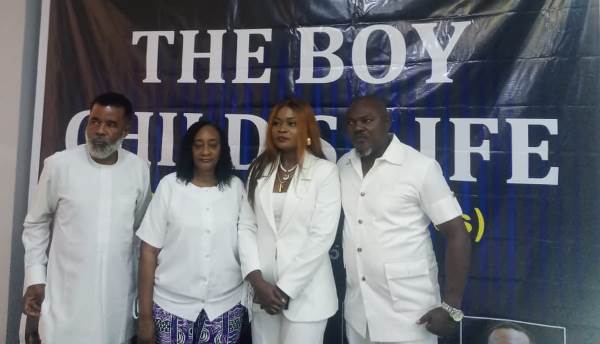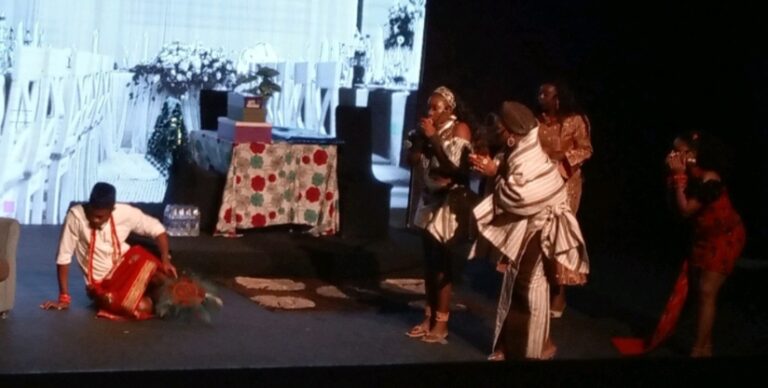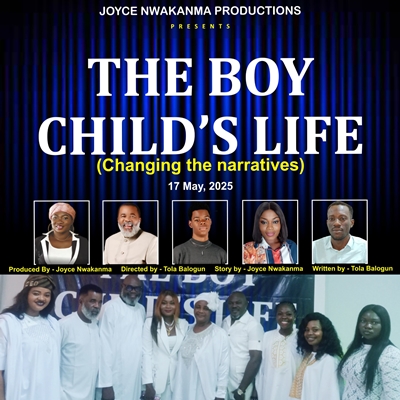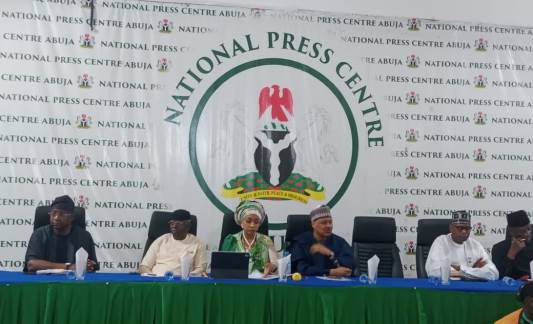295 total views today
By Joshua Olomu
Hannatu Musawa, Minister of Art, Culture and Creative Economy, says the Federal Government is set to unveil reviewed National Tourism Policy, National Policy on Culture and a strong Intellectual Property (IP) protection framework.
The News Agency of Nigeria (NAN) reports that Musawa made the disclosure while presenting the ministry’s scorecard at the 2025 Ministerial Press Briefing on Friday in Abuja.
The event held at the National Press Centre, was hosted by the Federal Ministry of Information and National Orientation.
Musawa said the ministry was carrying out a review, formulation and implementation of relevant policies that guide Nigerian culture and creative sector for enhanced contribution to national economy.
She said other policies to be unveiled for the sector include the National Policy on Incentivising the Art, Culture and Creative Economy Policy on Monetary and Credit Solutions for the Creative Economy.
According to the minister, the policies regulating the sector are inadequate, outdated and failed to address the developmental changes in the arts, culture, tourism and the creative economy sectors.
She further said that work was at final stage in the review of Nigeria’s National Policy on Culture after 37 years of the last review, as well as the 2005 National Tourism Policy of Nigeria.
“Policy formulation is crucial for the development, growth and advancement of the 4 Sectors under the ministry.
“The ministry, in collaboration with the private sector lead by the Nigerian Economic Summit Group (NESG), is poised to provide a clear policy framework for not only the creative economy but the arts, culture and tourism sectors of Nigeria.
“This is to reposition the sectors and provide an enabling environment for the sectors to thrive and attain its position as a major alternative to income generation for Nigeria.
“In recognition of the urgency of these reforms, the ministry initiated the comprehensive review process, ensuring that Nigeria’s cultural framework aligns with global best practices and reflects the evolving creative economy.
“This initiative reflects the commitment of President Bola Tinubu to cultural development under the Renewed Hope Agenda,” she said.
The minister noted that as Nigeria seeks to diversify its economic mainstay from oil, the Tinubu-led Federal Government understands that the creative economy is a veritable alternative and is working to make it thrive.
Musawa also reeled out other initiatives and feats geared towards providing enabling environment to harness the potentials abound in Nigeria’s creative economy.
According to her, the ministry, as part of its ‘Destination-30’ data initiative, is conducting a mapping that will offer a data-informed foundation for target setting, investment prioritisation, and programme design across Nigeria’s creative economy.
She said such an evidence-based approach was fundamental to strategic planning and decision-making processes for the sector.
“As an example, in the music sector, we have identified five segments in the value chain including production, marketing and sales.
“Based on our draft report, we project that we will create over 500,000 new jobs in the sector by 2030.
“Our mapping indicates that this sector will continue to thrive through self-employment and micro-enterprise pathways, with regional hubs like Edo, Delta, and Plateau playing key roles alongside Lagos.
“We are currently going through a validation process and should formally publish the mapping results in early June.
“These figures are not merely statistics; they represent real opportunities for Nigerian youth, women, and communities across our nation.
“They demonstrate the transformative potential of our creative industries when properly supported and strategically developed,” she said.
On the perennial funding challenges facing investors, filmmakers, music producers and other players in the creative sector, the minister said Federal Executive Council (FEC) recently approved the creation of the Creative Economy Development Fund (CEDF).
She further disclosed that FEC has also approved the implementation of the IP Monetisation Pilot to provide funding to creatives and develop a model for IP asset securitisation.
According to her, other initiatives included the Creative Leap Acceleration Programme (CLAP), a digital platform to support creative enterprises with funding, creative technology, and co-working spaces.
The minister also mentioned the development of Creative Industry Administrators on Intellectual Property Rights Management, 2025 in collaboration with World Intellectual Property Organisation (WIPO), Abuja Office.
“We are carrying out a comprehensive film industry reform programme, including retooling of government agencies and parastatals, encouraging a functional, self-regulated ecosystem to improve welfare and working conditions, and strengthening intellectual property rights protection.
“In line with the vision of President Bola Tinubu, the Ministry of Arts, Culture, Tourism and the Creative Economy stands at the forefront of Nigeria’s economic diversification strategy.
“We are transforming what was once viewed as merely cultural expression into powerful engines of sustainable growth and job creation.
“In just eighteen months, we’ve secured $200 million in investment commitments, established innovative funding mechanisms, creating infrastructure that will generate over two million jobs.
“This is elevating Nigeria’s global cultural standing—all while encouraging rural communities, women, and youth to participate meaningfully in the creative economy.
“Our strategic partnerships spanning government agencies, international organisations, and private sector leaders have positioned Nigeria’s tourism and creative sectors not just as alternatives to oil dependency.
“It has become a as vibrant, inclusive economic pillars capable of addressing our nation’s most pressing challenges,” she said.
The minister said in order to effectively tackle the age-long issue of infrastructural decay in the sector, FEC has approved the establishment of the Creative & Tourism Infrastructure Corporation (CTICo).
She said the corporation is created with a projected investment of $100 billion, and potential to create over two million jobs.
She further disclosed that the ministry has formed a partnership with Creative Park Limited to establish Abuja Creative City, a first-of-its-kind creative hub in Africa on 26 hectares of land in the IDU Industrial Area.
She added that the creative hub project would be replicated in major cities across Nigeria to offer platforms for budding talents and create jobs for teeming Nigerian youths. (NAN)(www.nannews.ng)
Edited by Ekemini Ladejobi




